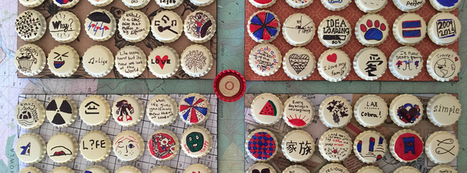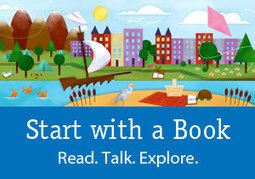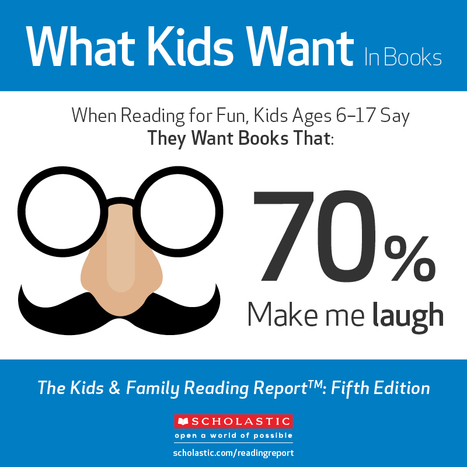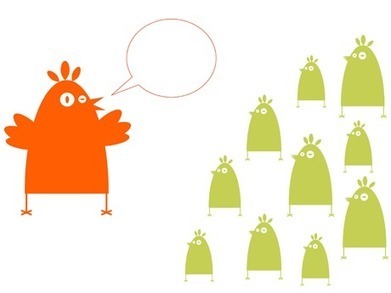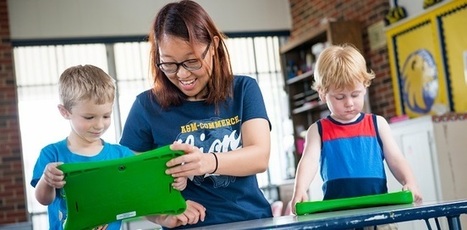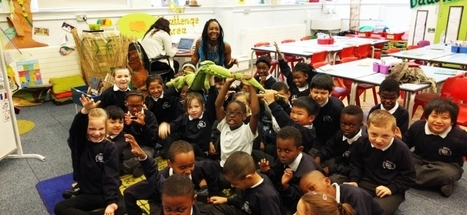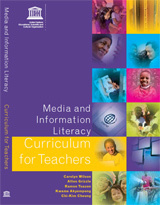Motivate students to revise their writing through self-publishing fiction, creating podcasts and YouTube videos, writing blogs, corresponding with others, and anything else for an authentic audience.
Research and publish the best content.
Get Started for FREE
Sign up with Facebook Sign up with X
I don't have a Facebook or a X account
Already have an account: Login
 Your new post is loading... Your new post is loading...
 Your new post is loading... Your new post is loading...

Nik Peachey's curator insight,
September 11, 2014 5:56 AM
Some nice suggestions for using augmented reality in schools. 
Fernando Mazzuli's curator insight,
September 11, 2014 2:29 PM
Um convite para que nossos aprendizes interajam e descubram novos conteúdos

Jason R Levine's curator insight,
May 22, 2014 8:33 AM
"Mobile phones are common in areas where books are scarce" 
Delphine Plasse's curator insight,
May 22, 2014 12:24 PM
Help people get access to means ode development |
|







